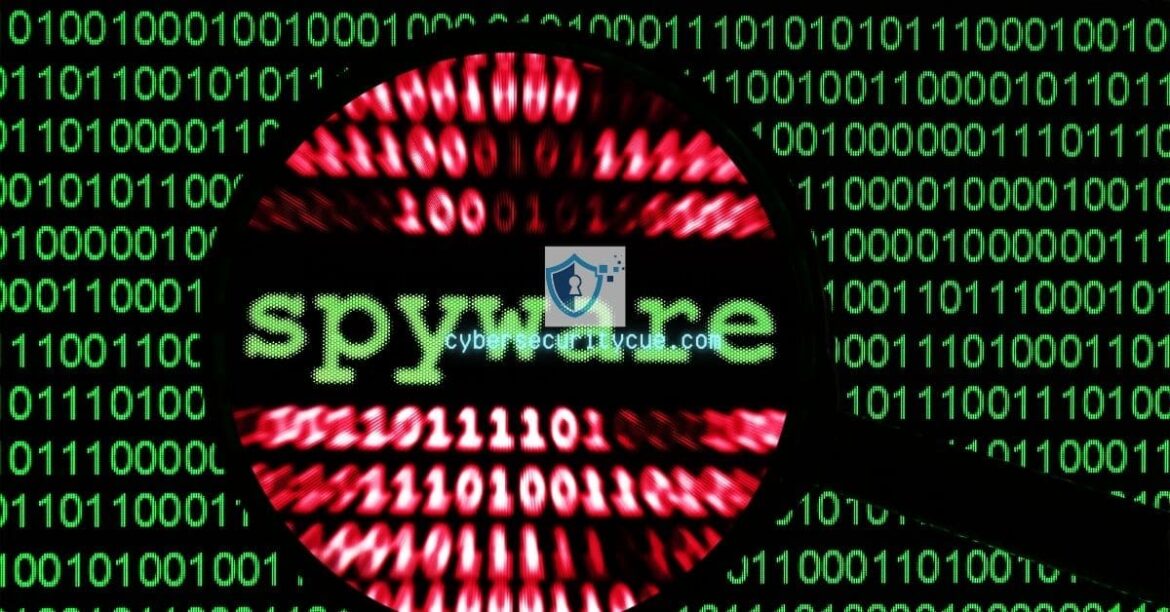Table of Contents
U.S. Government Takes Firm Action Against Cytrox and Intellexa Spyware Vendors: The U.S. government has taken action against Cytrox and Intellexa, two foreign commercial spyware vendors, for their involvement in cyber espionage.
By adding them to an economic blocklist, the government aims to restrict their access to technology and prevent unauthorized access to devices, safeguarding individuals’ and organizations’ privacy and security worldwide.
Key Takeaways on U.S. Government Takes Firm Action Against Cytrox and Intellexa Spyware Vendors:
- U.S. government blacklists Cytrox and Intellexa spyware vendors for cyber espionage.
- The economic blocklist prohibits U.S. companies from engaging in transactions with these entities.
- Surveillance technology’s misuse of human rights abuses prompts action to restrict spyware vendors.
The U.S. government has made a decisive move to combat cyber espionage by adding Cytrox and Intellexa, two foreign commercial spyware vendors, to its economic blocklist.
The vendors were found to have exploited cyber exploits to gain unauthorized access to devices, endangering the privacy and security of individuals and organizations globally.
As a result, U.S. companies are now prohibited from conducting transactions with these entities.
Surveillance Technology Under Scrutiny
Recognizing the significant role that surveillance technology plays in enabling repressive campaigns and human rights abuses, the U.S. Commerce Department has taken targeted action against Cytrox and Intellexa.
The economic denylist restricts their access to commodities, software, and technology, which could be used in the development of surveillance tools with the potential for misuse in violating human rights.
Cytrox and Intellexa: Spyware and Surveillance Tools
Cytrox has gained notoriety as the developer of Predator, a mobile mercenary spyware similar to NSO Group’s Pegasus.
Operating as part of the Intellexa Alliance, which includes several surveillance vendors, Cytrox remains connected to other entities like Nexa Technologies, WiSpear/Passitora Ltd., and Senpai.
However, the exact relationship between Cytrox and Intellexa remains unclear.
Intellexa’s Nebula: Insights Platform for Law Enforcement
Intellexa, led by intelligence expert Tal Dilian, offers the Nebula platform as the “ultimate insights platform” to empower law enforcement agencies to stay ahead of criminal activities.
Despite the claims on its website, Dilian’s past in the Israel Defense Forces (IDF) has faced controversy. The U.S. government’s action highlights the need for vigilance against potential misuse of surveillance tools.
Predator’s Modus Operandi
Cisco Talos recently revealed the workings of Predator, emphasizing its use of Alien, a critical component that gathers sensitive data from compromised devices. Predator’s iOS counterpart was previously observed to be distributed via WhatsApp through single-click links.
The symbiotic relationship between Alien and Predator enables efficient spying on victims, amplifying the spyware’s threat.
A Step Towards Safeguarding Privacy and Security
The U.S. government’s decisive actions against Cytrox and Intellexa follow previous measures targeting companies like NSO Group and Candiru.
With an executive order restricting the use of commercial spyware by federal government agencies, the Biden administration is striving to protect against the misuse of digital surveillance tools for intrusive purposes.
Combating Espionage and Privacy Violations
While the marketing of digital surveillance tools emphasizes their intended use in combating crimes and security threats, there have been instances of abuse by governments to covertly access targeted smartphones of individuals within civil society.
The U.S. government’s actions aim to curtail such practices and safeguard privacy rights globally.
Conclusion
The U.S. government’s decision to blacklist Cytrox and Intellexa for their involvement in cyber espionage reinforces the commitment to safeguarding privacy and security.
By targeting these spyware vendors, the government aims to prevent unauthorized access to devices and mitigate the potential risks of surveillance technology misuse.
These measures represent a critical step in combating espionage and human rights abuses related to digital surveillance tools.





